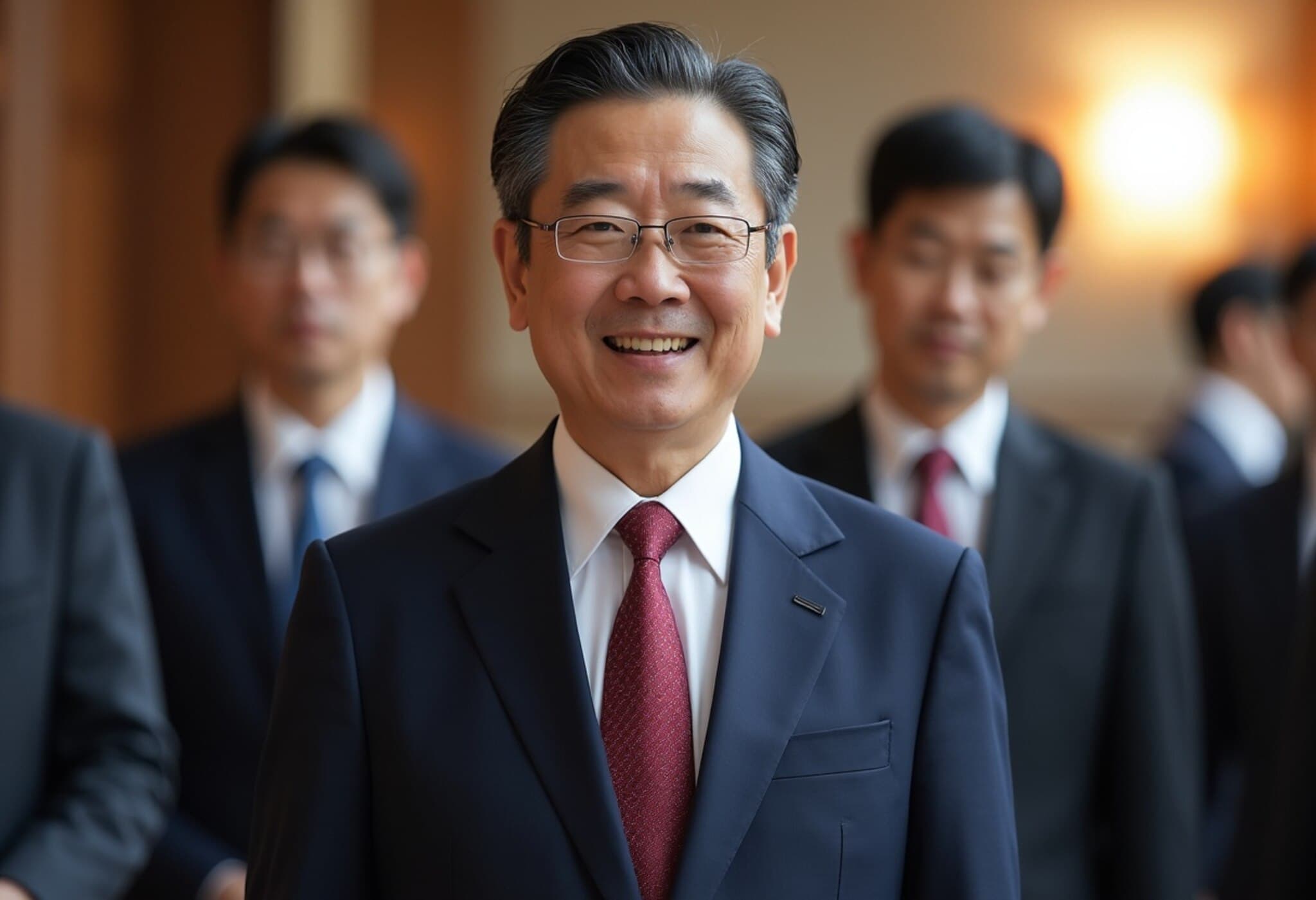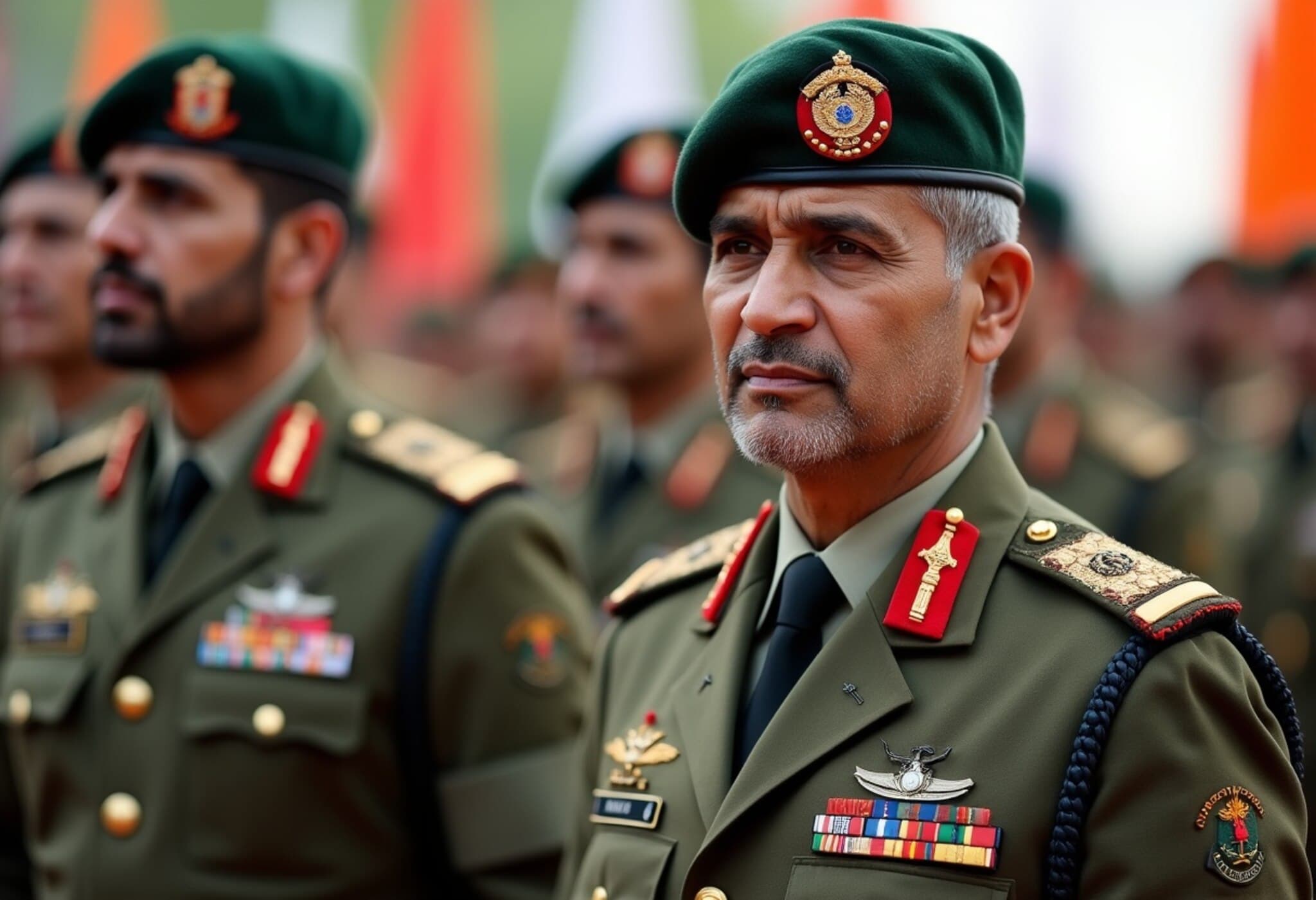Russian Court to Weigh Espionage Charges Against French Expert Laurent Vinatier
A Russian court is set to examine gravely serious espionage allegations against French researcher Laurent Vinatier, who is already serving a prison sentence under Russia’s controversial foreign agent law. The case has sparked condemnation from Paris, with concerns mounting over the possibility of a sentence stretching up to 20 years behind bars.
Background: A Researcher Targeted Amid Heightened Russia-West Tensions
Vinatier, affiliated with a Swiss-based NGO focused on conflict resolution, was detained in June 2024 and convicted for violating regulations requiring foreign agents to register their activities—a charge Paris continues to label as unfounded and politically motivated. His looming espionage trial represents the latest development in a troubling pattern where Western citizens have faced severe punitive measures amid Russia’s ongoing war in Ukraine.
Details of the New Charges and Court Proceedings
The Lefortovo court in Moscow, known for handling high-profile espionage cases, plans to hold a closed hearing, shielding proceedings from media scrutiny. According to court officials, the espionage accusations remain vague, with prosecutors yet to disclose formal charges or supporting evidence. This procedural opacity fuels concerns about a politically driven judicial process.
Lefortovo Prison, where Vinatier has been transferred, carries historical significance as a detention site for Russia’s alleged spies and political prisoners, underscoring the serious nature of the allegations he faces. His mother expressed deep worry over his transfer and the potential consequences, highlighting the trial’s grim implications.
Diplomatic Backdrop and Wider Implications
- France’s Stance: French President Emmanuel Macron has consistently championed Vinatier’s release, labeling the accusations as a distortion of reality and part of a propaganda strategy against him.
- Russia-France Relations: France remains one of Ukraine’s staunchest European supporters, often singled out by Russian officials as antagonistic, which contextually colors this case as more than just a legal matter.
- Foreign Agent Law Usage: Moscow’s foreign agent statute, echoing Cold War-era espionage fears, has been widely criticized for suppressing dissent and targeting foreign nationals under expansive and vague criteria.
- Precedents: Similar charges have been levied against Westerners like US journalist Evan Gershkovich and basketball player Brittney Griner, whose detentions were widely regarded as tools for political leverage in prisoner swaps.
What This Means for International Research and Diplomacy
Beyond the individual case, Vinatier’s trial highlights a chilling message for foreign academics and humanitarian workers operating in or studying Russia and its neighboring regions. The specter of espionage allegations signals risks that could deter vital research and peaceful engagement in conflict zones, undermining efforts for dialogue and resolution.
Experts suggest that the opaque legal environment and politicization of charges could hamper international collaboration and exacerbate diplomatic tensions at a moment when dialogue is urgently needed to stabilize Eastern Europe.
Editor's Note
The unfolding case of Laurent Vinatier serves as a stark reminder of the fraught intersection between international research and geopolitical rivalry. It prompts critical questions about the use of legal systems as instruments of political strategy and the protection of academic freedoms under authoritarian pressures. As this story develops, it will be essential to watch how it influences broader diplomatic relations and the global community's approach to safeguarding foreign scholars amid conflict.











